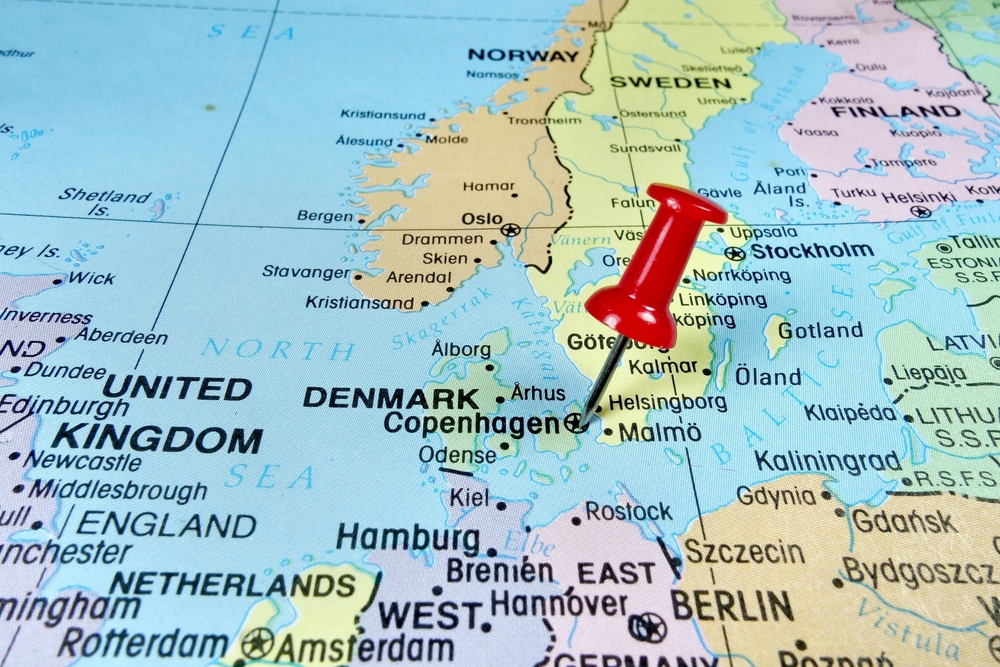Denmark’s gambling regulator, Spillemyndigheden, has released its ‘2020 Danish Gambling Report’, breaking down statistics from the country’s gaming market, and demonstrating the impact of the pandemic.
Overall, lottery was by far the most dominant vertical, controlling a market share of 35% with a BSI of DKK 3,205 million, followed by online casino, which generated revenue of DKK 2,453 million, corresponding to a market share of 27%.
Notably, online casino outpaced sports betting for the first time in the market’s history, as sports betting accounted for just 25% of the sector’s overall revenue, although slot gambling and land-based casinos suffered the most, accounting to only 11% and 2% of total earnings respectively.
This has been largely attributed to COVID-19-related lockdowns, which saw casinos and gambling halls closed, whilst the postponement of both international and domestic sports fixtures meant bettors had little to no events to stake money on.
Another consequence of this, however, was that online gaming experienced increased success, accounting for over 45% of BSI, whilst land-based verticals stood at just over 30%.
Although the COVID-19 crisis has had a significant impact on this, online gaming came close to equalling its land-based counterpart in 2017, and finally overtook in 2018, having remained the more prominent of the two verticals ever since.
This demonstrates a significant shift in consumer trends from land-based casino verticals towards the online sector. In 2012, land-based gaming represented over 40% of BSI in comparison to online gaming, which accounted for 20%.
Overall, the BSI for the Danish gaming industry reached DKK 9.2 billion (€1.2bn), a decrease of more than DKK 600 million (-6%) when compared with 2019 results. However, BSI is still far ahead of previous years figures, as industry tracking from 2012 to 2019 saw the figure grow by 25% to almost DKK 2 billion.
According to Spillemyndigheden, betting revenue ‘accounted for almost the same share’ in the national economy during the time period of 2012 to 2020 – during which time the Danish economy also grew – remaining stable at between 0.39% and 0.43%.
However, although Denmark was in the top 10 in terms of the most money spent per adult in 2020, standing in seventh place, in comparison to other Nordic markets the sector lagged behind.
Norway, Sweden, Finland and Iceland all had a higher consumption than Denmark for 2020, with Norway reporting the highest overall consumption at DKK 2,594 per adult, just over 500 more than its Danish neighbour.
Lastly, the Spillemyndigheden has also offered a breakdown of responsible gaming statistics, revealing that by the end of 2020 over 26,115 players were registered with the Danish Gaming Authority’s Register of Voluntarily Excluded Players (ROFUS), an increase of over 24,000 since 2012.
Furthermore, over 76% of self-excluded players were men whilst 24% were women since the creation of ROFUS, a trend which continued in 2020. However, the number of relatives and professionals who contacted the ‘StopSpillet’ (StopBetting) gambling addiction advice forum stood at 512, a decline from the 728 inquiries received in 2019.























